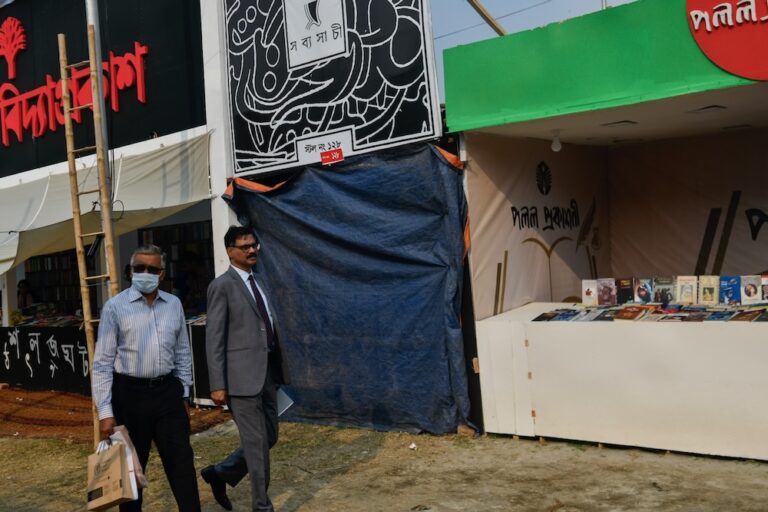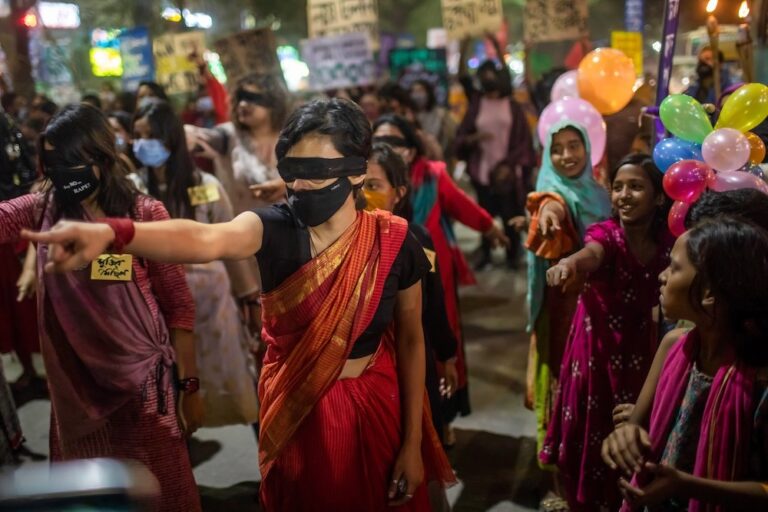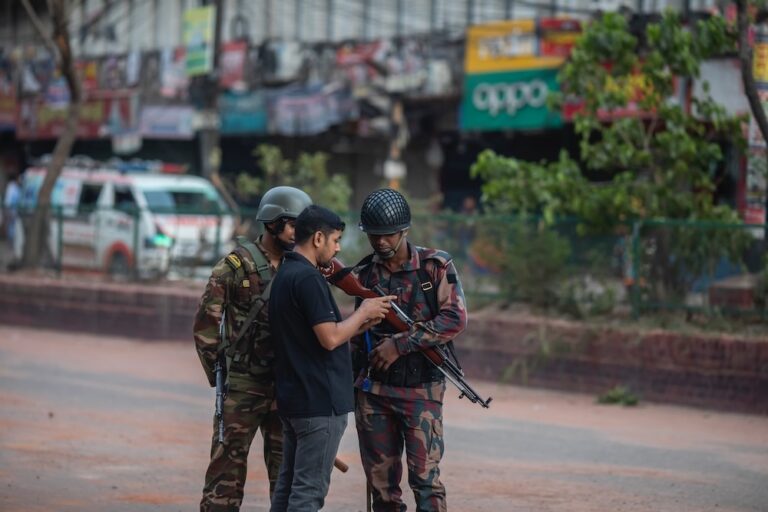(ARTICLE 19/IFEX) – The following is a 24 October 2008 ARTICLE 19 press release: Bangladesh: Right to Information Law Welcomed ARTICLE 19 very much welcomes the publication, in the official “Bangladesh Gazette” on Wednesday, 20 October, of the Right to Information Ordinance, No. 50 of 2008. This is a progressive and much-needed piece of legislation […]
(ARTICLE 19/IFEX) – The following is a 24 October 2008 ARTICLE 19 press release:
Bangladesh: Right to Information Law Welcomed
ARTICLE 19 very much welcomes the publication, in the official “Bangladesh Gazette” on Wednesday, 20 October, of the Right to Information Ordinance, No. 50 of 2008. This is a progressive and much-needed piece of legislation that should make an important contribution to transparency and democracy in Bangladesh. At the same time, we note that a number of the concerns we raised in our March 2008 analysis of a draft version of the Ordinance have still not been addressed.
Some of the most positive aspects of the new Bangladesh Right to Information Ordinance include its wide application to all information held by all public bodies, improved rules on payment of fees for access to information, the fact that the new law overrides inconsistent secrecy legislation and the wide promotional role allocated to the Information Commission, which now also has greater independence.
At the same time, ARTICLE 19 still has some concerns, including the following:
– The right of access is still limited to citizens, instead of applying to everyone.
– The proactive publication obligations are too limited, both as to the scope of information covered and as to the means of dissemination of this information.
– The regime of exceptions remains too broad. It contains exclusions (security and intelligence bodies) and exceptions which are not legitimate, it lacks a consistently high standard of harm and the rules allowing provision of information in the public interest has actually been removed.
– It fails to provide protection for good faith disclosures pursuant to the law, or protection for whistleblowers.
ARTICLE 19 and partners encourage the Government to include the framing of rules under the law as an integral part of its implementation plans and address weaknesses toward creating an efficient regime.
ARTICLE 19 Executive Director, Dr, Agnès Callamard, noted, “It is essential that the process of rule-making should include the participation of civil society in Bangladesh, journalists, potential users of the law and advocates for free expression.”
Updates alert on Bangladesh’s Right to Information Law: http://ifex.org/en/content/view/full/97641


